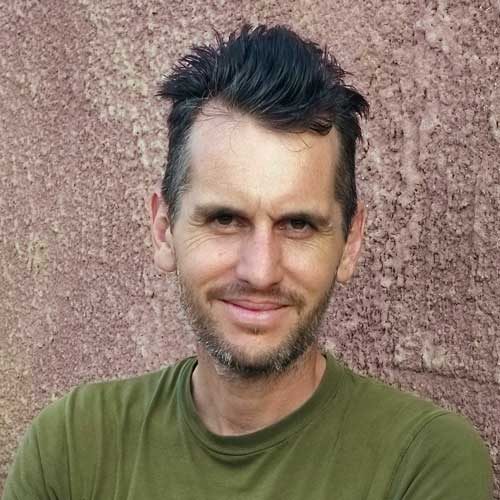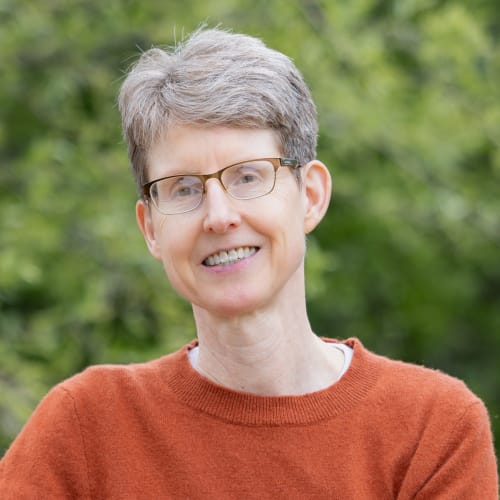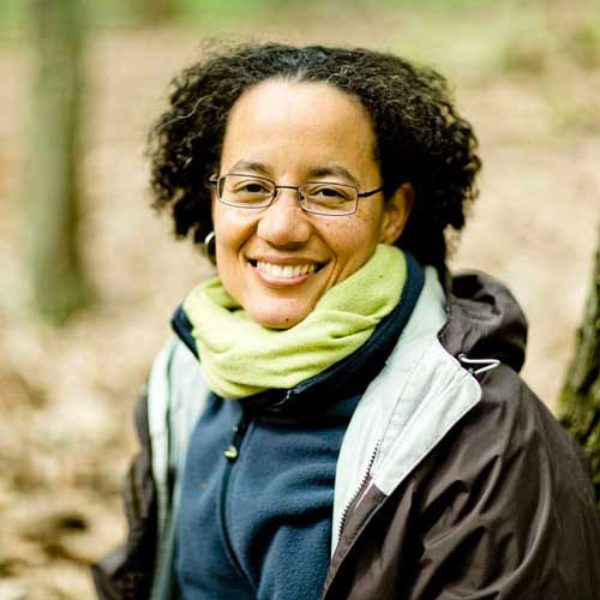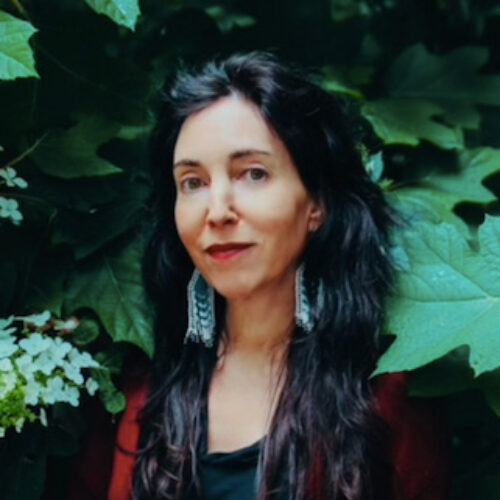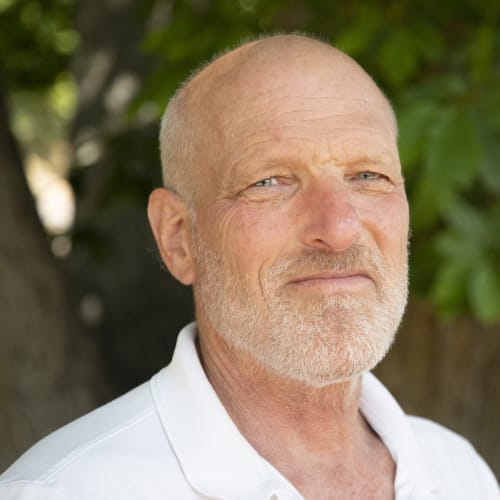Nathan Glyde
We’re fortunate that Nathan Glyde has generously offered to lead our daily meditation sessions for Europe and the UK. To find out more about Nathan, and to view his other contributions to Sangha Live, click here. Recordings are posted 24 – 36 hours after the live session runs.
This week’s topic is The Freedom of an Unassuming Mind.
The Buddha used the image of a tangled and knotted thread to represent the complex roots of human suffering and distress. It takes sensitivity, persistence, and care to disentangle the tangle of ‘dukkha’. A tricky part of this is that our assumptions about the world radically shape the way the world appears, while remaining quite hidden to us. Fortunately, wisdom teachings and practices bring assumptions into view and support the untying of these unseen knots, opening us into a wide and free existence.
